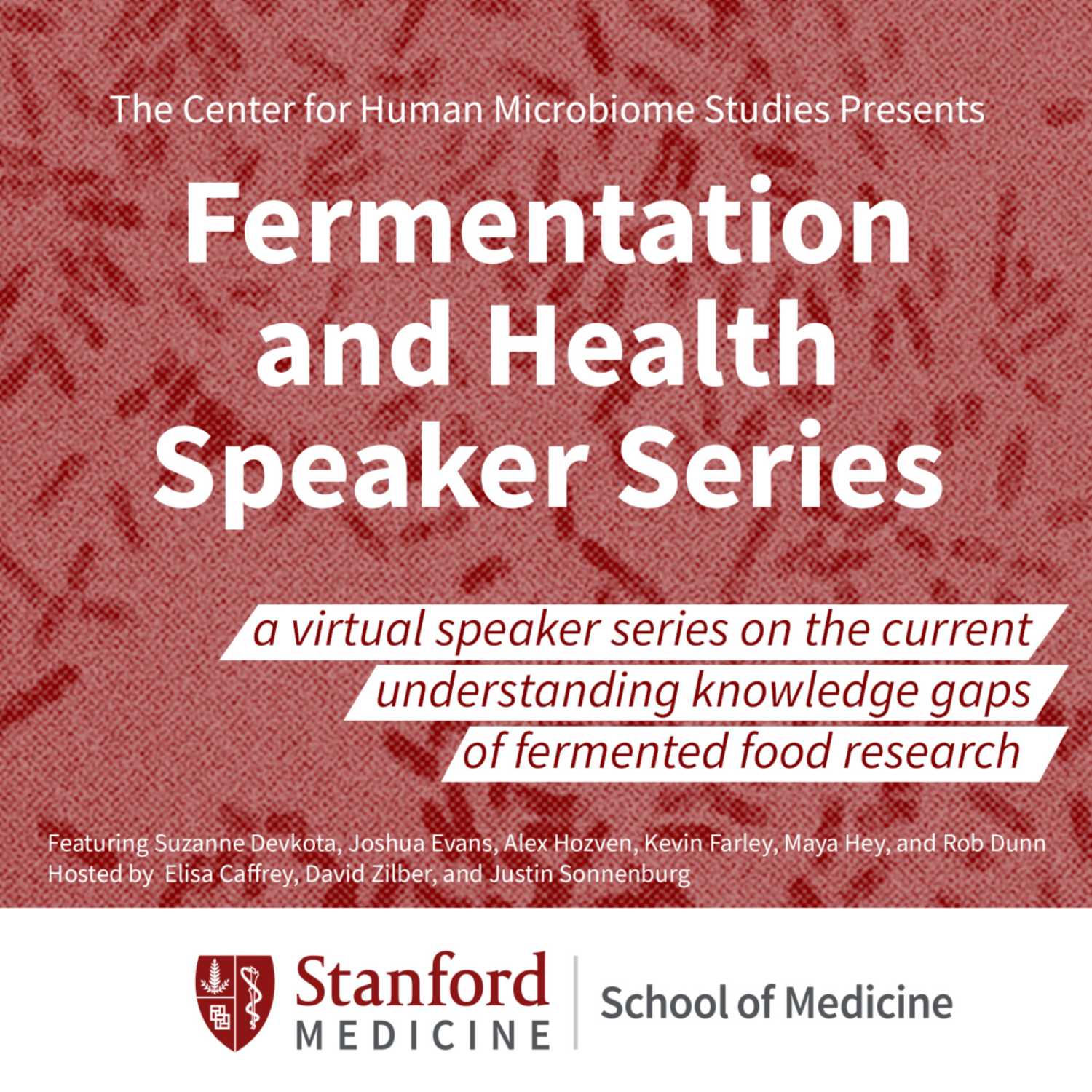Demystifying microbial communities: A conversation with Ben Wolfe
Description
The microbiome of fermented foods, like any microbiome, is a multi-species microbial community and can include a rich mixture of bacteria, fungi, and yeast all in the same fermented food. The presence of a specific microbe cannot always predict the final quality, safety, or flavor of a fermented food, but studying their interactions gives a richer understanding of these community dynamics.
Ben Wolfe, an Associate Professor in the Department of Biology at Tufts University has been exploring these microbial ecologies. Using models such as cheese rinds, sterile baby cabbages, and kombucha, his lab investigates the origins of these fermentation community members, how they interact with each other, and how these communities can evolve and diversify over time.
Join our conversation on microbial onramps, phage resistance, and purple cheese…
More Episodes
We spoke with Dr. Aviaja Hauptmann, an Associate Professor in the Institute of Health & Nature and Head of the Department of SILA (Scientific and Indigenous Teachings on Life in the Arctic). Her work explores the interaction between microbiology, diet, and the environment, focusing on Inuit...
Published 07/30/24
Published 07/30/24
Lactic acid bacteria (LAB) play a central role in many fermented foods, including sourdough, kimchi, pickles, olives, zha cai, kefir, ogi, and cheese, among others. These microbes produce lactic acid, which acidifies the fermented food, making it both safe and tasty. Specific LAB strains have...
Published 07/06/24


